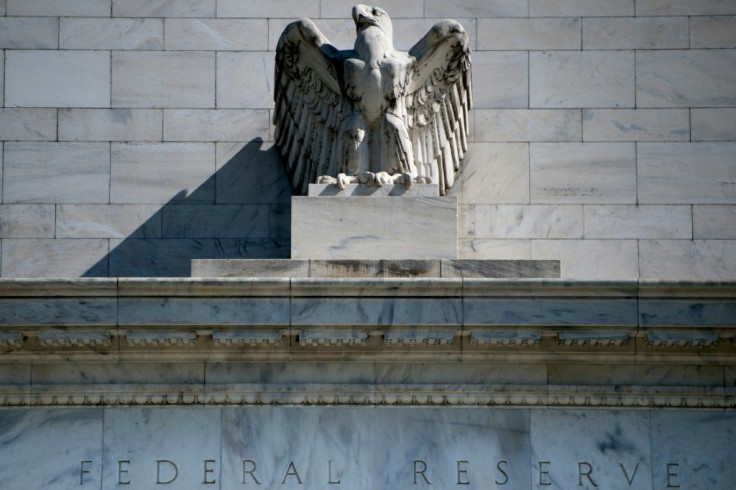US Fed To Hold Steady At Final 2019 Meeting

The Federal Reserve resumed its final policy meeting of 2019 on Wednesday, with markets overwhelmingly expecting the central bank to leave interest rates untouched.
After cutting rates three times in the summer and fall, policymakers have said they are now pausing to watch how the world's largest economy performs.
With robust job growth and steady consumer spending, central bankers believe the United States has proved "resilient" in the face of a slowing world economy and a trade war with China, both of which have helped send American manufacturing into decline.
The Fed is due to announce its latest decision, along with a new set of economic forecasts, at 2:00 pm local time (1900 GMT), followed by a news conference by Fed Chairman Jerome Powell.
The quarterly forecasts could be of more interest, providing a window on where central bankers think the economy is headed.
Job creation shot well past expectations last month, according to official data released Friday, wiping away fears that demand for labor has begun to fade.
"This just leaves the Fed very comfortably on the sidelines for 2020, or at least as we enter the new year," Diane Swonk, chief economist at Grant Thornton, told AFP.
Futures markets as of Tuesday predict the Fed will be on hold until September of next year. But some economists think another rate cut could come before the summer.
Consumer spending and confidence are strong. The housing market has picked up. Unemployment is still very low as hiring continues. GDP growth slowed in the third quarter but was still better than feared.
The chances of a recession within the next 12 months, according to the New York Federal Reserve Bank, have also begun to decline -- though odds are still pretty high at about one in three.
If Washington and Beijing manage to seal a partial trade deal and at least cease hostilities, the end to uncertainty could give businesses a sharp boost.
The United States, Mexico and Canada on Tuesday agreed to modify a new trade agreement so that it can pass the US Congress, which also removes a source of uncertainty.
However, economists say the Fed could soon begin to feel pressure to resume cutting rates.
Even with the more positive data, dark spots in the economy have mostly persisted. Adjusted for inflation, consumer spending in October was the weakest since February. Business investment is soft. Exports have decreased and much of the manufacturing sector has had a year to forget.
Should GDP growth fall below two percent in the final quarter of this year and the first quarter of 2020, the Fed could be compelled to add stimulus to the economy, according to Rubeela Farooqi of High Frequency Economics.
"They might be forced to move by the end of the first quarter," she told AFP.
© Copyright AFP {{Year}}. All rights reserved.





















